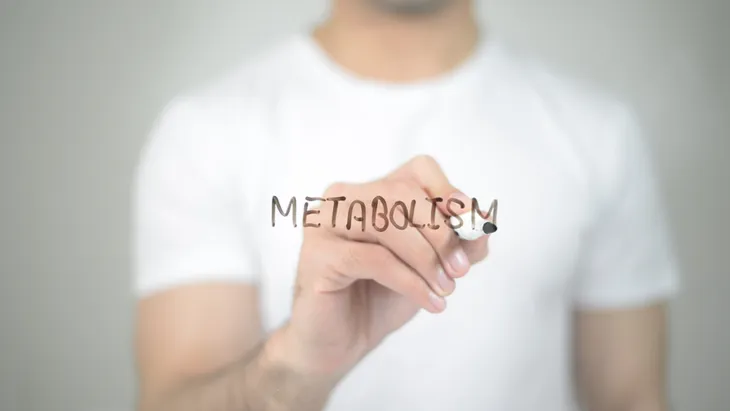Yes, you read that title right. Reverse dieting has been stealing headlines and inspiring more than a few chin scratches across the internet for quite a while now. The name is sure to spark confusion! Did you envision bottomless ice cream buffets and shrinking waist sizes? Us too.
Unfortunately, no, reverse dieting isn’t a green light to start filling your plate with seconds. But what exactly is reverse dieting, how does it work, and should you give it a try? It’s time to explore everything that you need to know about reverse dieting.
What Is Reverse Dieting?
Think of reverse dieting as a nutritional sleight of hand, crafted with the goal of kicking your metabolism into overdrive. But let’s take a brief step back.
When most of us hear the word “diet” we think of calorie restriction. You figure out how many calories you burn in a day, assess your weight loss goals, punch a few numbers into a calculator or fitness tracker and try not to exceed your daily caloric quota. The thing is, this traditional calorie restriction method can lower a person’s base metabolic rate. What that means is that the average calorie-restricted dieter ends up burning less energy when resting.
Reverse dieting sets out to reverse the negative impacts that calorie restriction has on a person’s metabolic rate by gradually increasing their caloric intake over an extended period. Most of the time reverse dieting is used as a way for successful dieters to normalize their calorie intake without sacrificing their base metabolic rate.
How Does It Work?
The human body is incredibly resilient and adaptive. Our biological capacity to adapt is part of the reason why civilization has been able to endure for so long. When it comes to dieting though, our adaptability poses some problems.
Your body doesn’t stop adapting during calorie restriction. In fact, if enough time passes, your body responds by slowing down your metabolism. This is done to conserve energy, but the result can mean a much higher hill to climb for anyone hoping to maintain their precious gains.
This is where reverse dieting comes in. According to the proponents of reverse dieting, you no longer have to face down a normal diet armed with nothing but determination and a diminished metabolic capacity. By slowly increasing your post-diet caloric cap, the experts claim you can retrain your metabolism without the negative side effects commonly associated with crash diets.
How Long Should You Be on a Reverse Diet?
So, you’ve just wrapped up a particularly long period of calorie restriction, and, having hit your weight loss goal, you’d like to transition to a normal maintenance diet via reverse dieting. How you do it is a matter of a few simple calculations.
The goal is to slowly ramp up your caloric intake to pre-diet levels at a rate of about 50 to 100-calories per week over the course of 4 to 10-weeks. How long your reverse dieting period lasts is determined by how high your pre-diet caloric intake levels were.
How It’s Done?
To start, you’ll want to calculate your calories and establish your goal. Remember, the rate at which you increase your caloric intake may have an impact on the amount of fat that you gain. Because of this, many reverse dieters opt for a 50-calorie weekly increase.
Just like any new nutrition or exercise plan, progress tracking is essential to success. Taking measurements, weighing yourself, or integrating a fitness app into your routine will give you a better understanding of your progress, and may help you adapt your plan on the fly.
Does Reverse Dieting Work?
So does it work? Nobody knows. We know that’s not the answer that you’re hoping to hear, but the truth about reverse dieting is that there is very little scientific research detailing its effectiveness. A lot of nutritionists continue to stress the importance of healthy lifestyle changes and moderate caloric intake as a long-term weight loss solution, and the advent of reverse dieting hasn’t really changed that.
That’s not to say that reverse dieting can never be useful. From a psychological perspective, reverse dieting may help moderate an individual’s transition from a crash diet to a normal diet in a much healthier and more disciplined way. Reverse dieting requires a period of prolonged control over caloric intake that can only be a good thing for dieters trying to get a hold of their problematic eating habits.
Should You Do It?
You should have a basic understanding of the what, how, and why of reverse dieting. But should you consider it for yourself? The answer to that question isn’t an easy one. Reverse dieting is still new, and the science behind it is too.
If you are looking to transition from a calorie-restricted diet gradually and safely, then reverse dieting could be the solution that you’ve been looking for! That said, it’s always a good idea to consult your doctor or a dietician before making any dietary changes.









